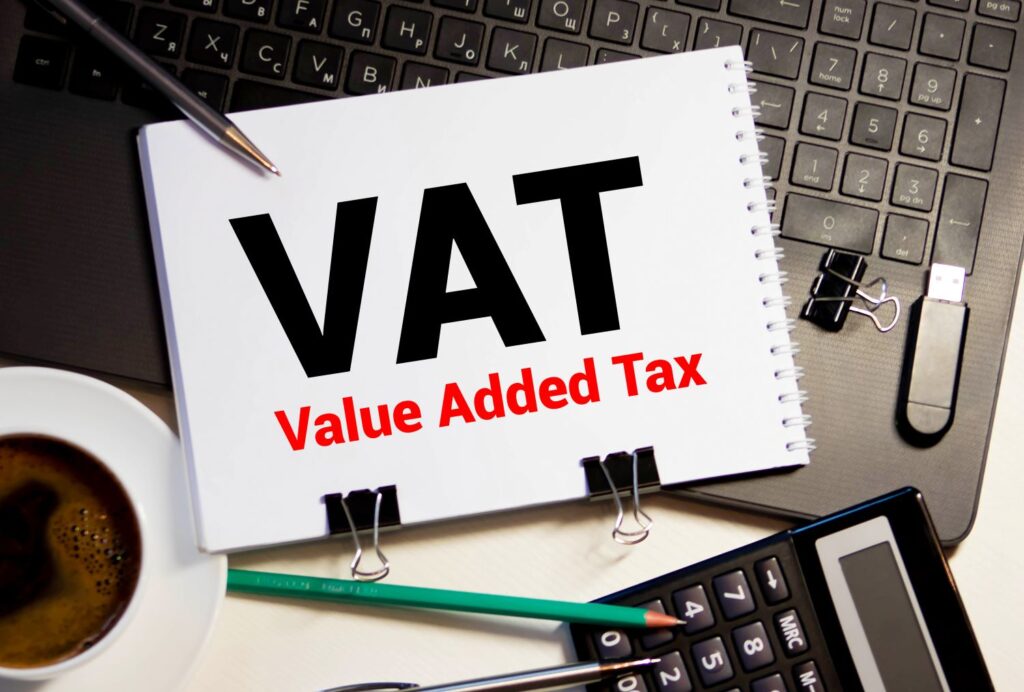
MTD for Income Tax: Deadline Approaching – What You Need to Know
May 19, 2025VAT Flat Rate Scheme Advantages for Small Businesses in the UK
June 11, 2025When Can You Deregister for VAT? Rules, Deadlines & What to Avoid

When can you deregister for VAT? Whether you’re required to do so or considering it voluntarily, understanding the process can help avoid penalties and ensure VAT compliance.
Understanding When You Can Deregister for VAT
Knowing when you can deregister for VAT is crucial for businesses facing structural changes or declining turnover. Deregistration may be compulsory or voluntary, and each scenario comes with specific rules and timeframes.
Compulsory VAT Deregistration: What Triggers It?
You must cancel your VAT registration within 30 days if your business is no longer eligible. Common reasons include:
- Ceasing taxable business activities
- Selling your business
- Changing your legal structure (e.g., sole trader to limited company)
- Joining or leaving a VAT group
- Moving to the Agricultural Flat Rate Scheme
Failing to cancel your VAT registration in time may result in HMRC penalties. In some cases, you may retain your VAT number if the business continues under a new structure.
Understanding when you can deregister for VAT in these compulsory cases helps you stay compliant and avoid fines.
Voluntary VAT Deregistration: When Is It Allowed?
You can also apply for voluntary deregistration if your taxable turnover is expected to stay below the VAT threshold, currently £88,000. HMRC may ask for evidence to support your projection.
Here are some key rules for voluntary deregistration:
- You cannot backdate the cancellation
- The effective date will be either the date HMRC receives the request or a future date agreed with them
- You should continue to account for VAT until your deregistration is confirmed
If you’re unsure when you can deregister for VAT voluntarily, seek professional advice to avoid errors or missed deadlines.
What Happens After You Deregister for VAT?
Even after deregistration, you may still be entitled to:
- Submit late input tax claims for goods or services received while VAT registered
- Keep VAT records for the statutory period (usually 6 years)
- Finalise outstanding VAT returns or make corrections
Knowing when you can deregister for VAT is only part of the equation—it’s equally important to know what your obligations are afterward.
Final Thoughts: Plan Ahead to Deregister Correctly
If you’re wondering when you can deregister for VAT, remember:
- Timing is crucial—don’t miss the 30-day deadline for compulsory deregistration
- Voluntary requests depend on staying under the VAT threshold
- HMRC will require documentation in most cases
- You may still reclaim VAT after deregistration under specific rules
Understanding when you can deregister for VAT and acting early helps you maintain compliance and avoid unnecessary penalties. Get in touch with with a professional accountant to understand more about VAT deregistration.

